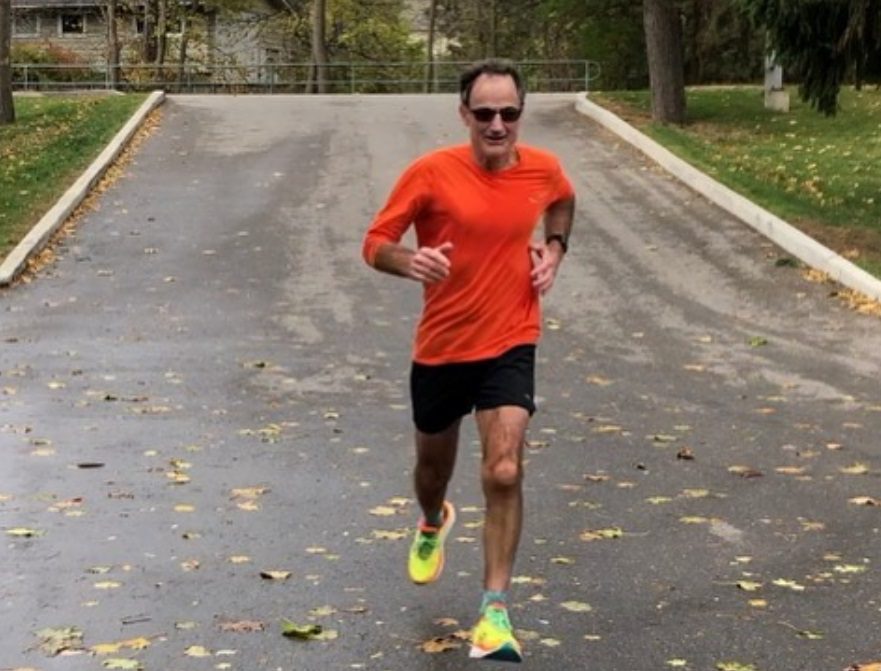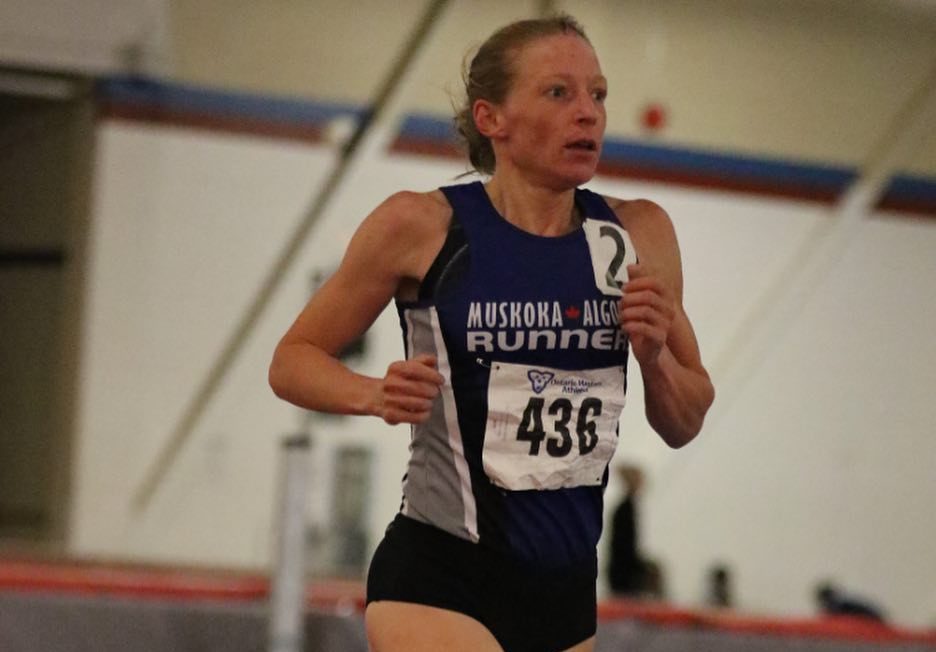7 keys to success as a master’s athlete
Masters runner and coach Walter Faion gives us his training tips for runners in their 40s, 50s and onwards

Walter Faion began running in elementary school and hasn’t stopped since. He turned 60 last year, and he hasn’t missed a day since 1994. He owns an impressive marathon best of 2:28 and half-marathon PB of 1:08. Throughout the decades he’s had the opportunity to train with world-class athletes, and now he’s taking his experience and using it to help others. For the last few years, he has been a coach for the University of Toronto’s master’s club, coaching a number of master’s athletes to personal bests and even a few national records. Nobody understands running through the decades better than him, so we sat down with Faion to find out the keys to success as a master’s athlete.

RELATED: How masters athlete Jim Dyck became a Canadian record-holder
Whether you’re a runner in your 20s or a runner in your 50s, you have to deal with and address your body’s strengths and weaknesses, but as the decades go on, things change. Faion refers to younger runners in their 20s as the “innocent decade” — they’ve got strength, determination and youth on their side, and no fear. Once you become a master’s runner, however, things aren’t quite the same.
“As we get older, we lose things,” says Faion. “It doesn’t mean you can’t stay fit and fast, because you can, it all depends on what you’re doing and what your goals are.”
He explains that as you age, your VO2 max decreases, you lose some of your speed and most importantly, recovery takes a lot longer. Getting older isn’t all bad, though, and there is one thing you gain with age: experience. According to Faion, these are the keys to success as a master’s runner.
More recovery time
Faion explains that recovery takes a lot longer as a master’s athlete, and so you need to take this into account when you’re designing a workout. For example, if you were doing mile repeats and you used to take three minutes of rest between each interval when you were younger, you may need four minutes of recovery as a master’s athlete in order to continue hitting the times you want.
More strength training
As you age, you begin to lose muscle mass. For this reason, strength training as a master’s athlete becomes even more important to prevent age-related muscle loss, which will help to keep you from getting injured and allow you to continue performing well in workouts and races.
Your easy days have to become easier
As a master’s athlete, you have to respect your body’s need for recovery. Perhaps when you were in your teens and 20s you could push yourself on a mileage day and still be able to perform well the next day in a workout, but this is likely not the case when you’re older. For this reason, it is important to slow down on your easy days and use them for what they’re meant for — recovery.

Focus on sleep and nutrition
When you’re younger, you can often get away with missing a few hours of sleep or not eating properly. As you age, this becomes less and less possible. If you want to perform well as a master’s athlete, Faion stresses the importance of proper sleep and good nutrition, because this will help your body to recover between runs and workouts so you can perform at your best every day.
RELATED: Sleep: the easiest way to improve performance
Be flexible and realistic
The first question Faion asks an athlete when they start working together is ‘what can they handle’. It’s important here to be realistic with yourself and choose weekly volume goals that are attainable. It is equally as important to allow some flexibility in your schedule to account for times when work, family, or other life events might get in the way of your training schedule, as well as to account for days when you might need more recovery. For example, you may have had a 10K run on the plan one day but you’re feeling a bit beat up, so instead you either take an extra recovery day or you shorten your run to something that you think you can handle.
“If your coach says to run 8K that day and you only run three, it’s better that you ran three than nothing at all,” says Faion.

Get a coach
If you have some specific running goals that you’re trying to achieve, a coach will help you design a program that will help you reach them without breaking your body down.
RELATED: How to find the right running coach
Adjust your expectations
Slowing down as you get older is natural, and you can’t expect to be running the same times in your 50s as you did when you were 20. That doesn’t mean that you can’t have success as a master’s athlete, you just need to adjust what your goals are to match what you’re realistically capable of at that time in your life.
“Anyone can achieve anything they want,” says Faion. “Nothing’s impossible if you go about it the right way, but you have to be realistic about what the goal is at that time in your life. You can really surprise yourself.”

